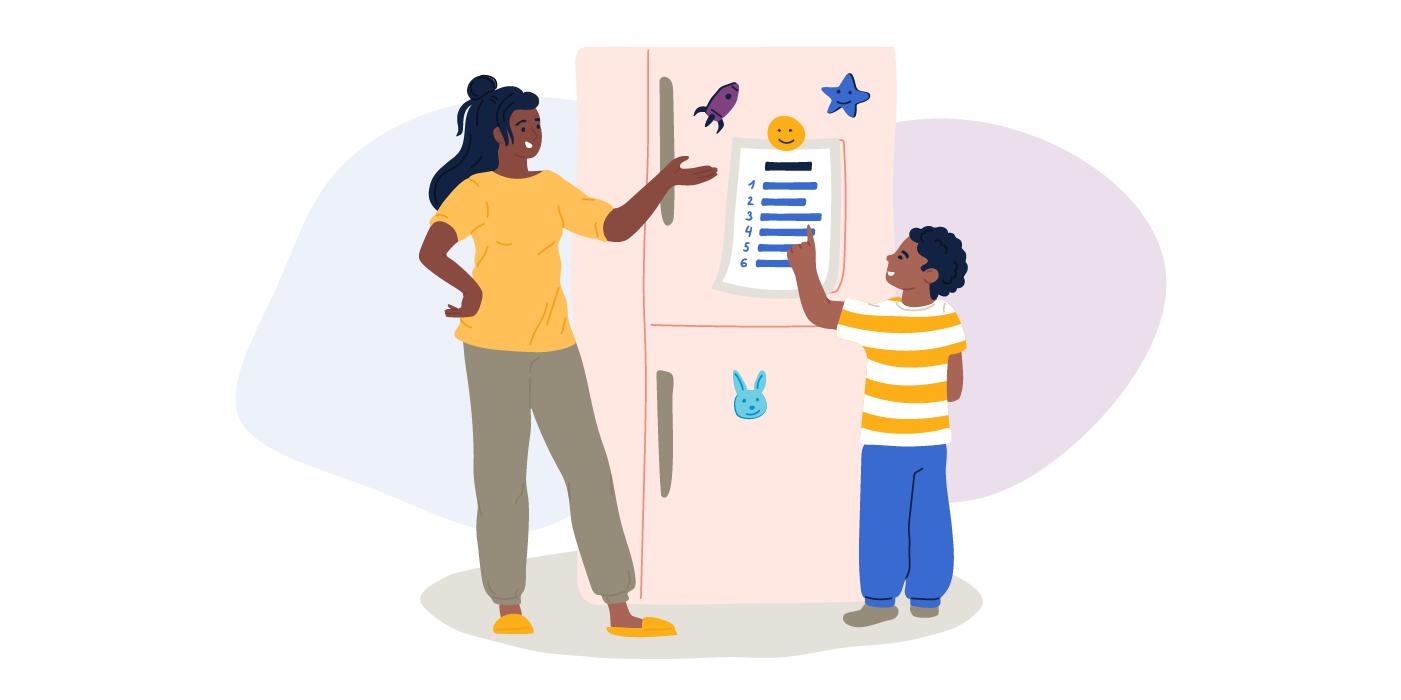 Life with a child with ADD/ADHD can be frustrating and overwhelming, but as a parent there is a lot you can do to help control and reduce the symptoms.
Life with a child with ADD/ADHD can be frustrating and overwhelming, but as a parent there is a lot you can do to help control and reduce the symptoms.
Children with ADD/ADHD generally have deficits in executive function: the ability to think and plan ahead, organize, control impulses, and complete tasks. That means you need to take over as the executive, providing extra guidance while your child gradually acquires executive skills of his or her own.
Having ADD/ADHD can be just as frustrating as dealing with someone who has it. If you keep this in mind, it will be a lot easier to respond to you child in positive, supportive ways.
ADD/ADHD and the family
Children with ADD/ADHD exhibit a slew of behaviors that can disrupt family life:
- They often don’t “hear” parental instructions, so they don’t obey them.
- They’re disorganized and easily distracted, keeping other family members waiting.
- They start projects and forget to finish them—let alone clean up after them.
- Children with impulsivity issues often interrupt conversations and demand attention at inappropriate times.
- They might speak before they think, saying tactless or embarrassing things.
- It’s often difficult to get them to bed and to sleep.
- Hyperactive children may tear around the house or even do things that put them in physical danger.
The impact of ADD/ADHD on siblings
Because of these behaviors, siblings of children with ADD/ADHD face a number of challenges:
- Their needs often get less attention than those of the child with ADD/ADHD.
- They may be rebuked more sharply when they err, and their successes may be less celebrated or taken for granted.
- They may be enlisted as assistant parents—and blamed if the sibling with ADD/ADHD misbehaves under their supervision.
- As a result, siblings may find their love for a brother or sister with ADD/ADHD mixed with jealousy and resentment.
The impact of ADD/ADHD on parents
And, of course, having a child with ADD/ADHD affects parents in many ways:
- The demands of a child with ADD/ADHD can be physically exhausting.
- The need to monitor the child’s activities and actions can be psychologically exhausting.
- The child’s inability to “listen” is frustrating.
- The child’s behaviors, and your knowledge of their consequences, can make you anxious and stressed.
- If there’s a basic difference between your personality and that of your child with ADD/ADHD, you may find your child’s behaviors especially difficult to accept.
- Frustration can lead to anger—and guilt about being angry at your child.
Living in a home that provides both love and structure is the best thing for a child or teenager who is learning to manage ADD/ADHD.
Read the full article about ADD/ADHD, which includes invaluable parenting tips, on the Helpguide.org website.
Source: Helpguide.org | ADHD Parenting Tips, https://www.helpguide.org/articles/add-adhd/when-your-child-has-attention-deficit-disorder-adhd.htm | © Helpguide.org. All rights reserved. Helpguide.org is a trusted non-profit guide to mental health and well-being.
This resource is filed under:







